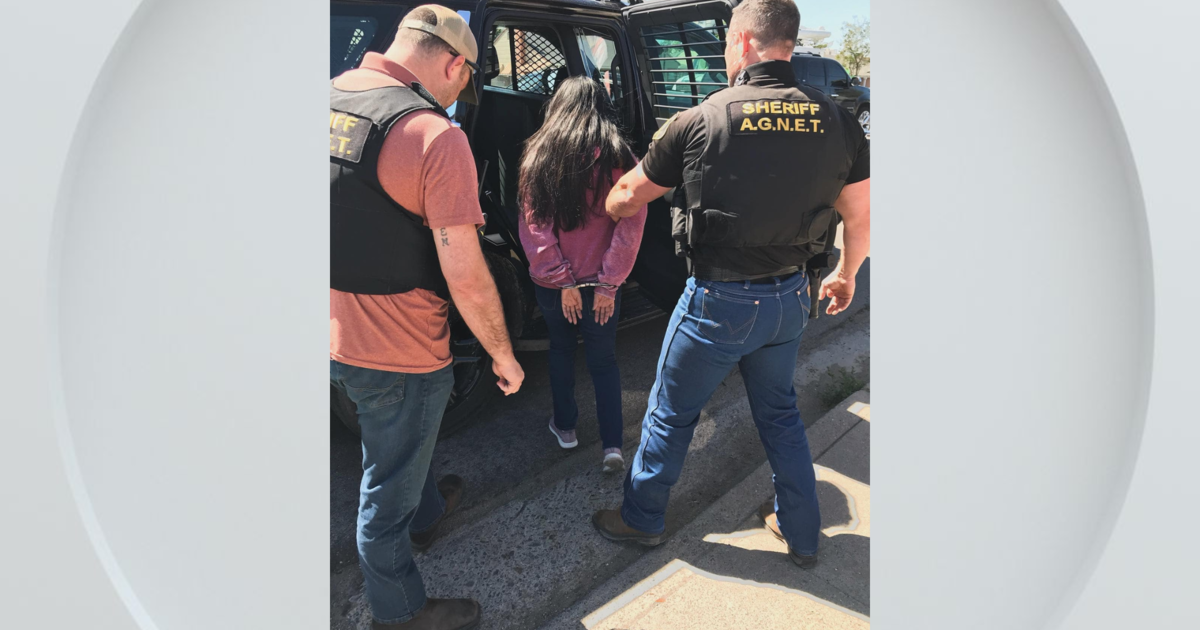Court Rules California Health Officials Can't Hide Hospital And Nursing Home Citation Details
SAN FRANCISCO (AP) - California health officials may no longer hide from public view all the relevant details about citations issued to hospitals and nursing homes serving the mentally ill and developmentally disabled, the state Supreme Court ruled Thursday.
The seven-member court ruled unanimously that only the names of patients may be omitted when the California Department of Public Health releases records describing the sanctions it imposed on long-term care facilities for providing improper care or endangering clients.
The decision came in a case brought by the Center for Investigative Reporting. A reporter for the nonprofit news organization who was investigating alleged patient abuse at seven state-run residential facilities requested citations for the sites under the California Public Records Act.
Health department officials provided four years' worth of heavily excised documents that listed only licensing information, the regulation violated and a vague reference to the patient rights at issue.
"They were completely redacted. You wouldn't have any understanding of the facts that led to the issuance of the citation," said Duffy Carolan, a First Amendment lawyer who represented the Center for Investigative Reporting.
State health officials had maintained that a 1967 law required them to censor the documents to protect patient confidentiality. A mid-level appeals court had agreed in part, ruling that patients' names, diagnosis, medical history and the harm caused by the cited offense could all be withheld.
But the state Supreme Court said a 1973 law that gave the health department authority to investigate and sanction long-term care facilities clearly states that citations are public records from which only patient names need to be withheld.
"The Legislature that enacted the Long Term Care Act was no doubt aware of the privacy concerns presented by public disclosure of information obtained in the course of treating mentally ill and developmentally disabled individuals," Justice Goodwin Liu said in writing for the court.
Yet the act "expressly mandates that every writing DPH generates ... is a matter of public record subject only to the redaction of the names of the individuals involved," Liu wrote.
Department of Public Health spokeswoman Anita Gore said officials were reviewing the decision and had no comment.
Liu used an incident at a Northern California center to illustrate what the health department suppressed. An un-redacted citation obtained by the Center for Investigative Reporting described how one-third of the verbally impaired patients in a particular ward had injuries consistent with a Taser gun.
Yet the version supplied by the health department only stated the number of the federal code that "says nothing more than that a violation of Code of Federal Regulations, title 42, part 483.420, subdivision (a)(5) - Protection of clients' rights - occurred."
Copyright 2015 The Associated Press.



